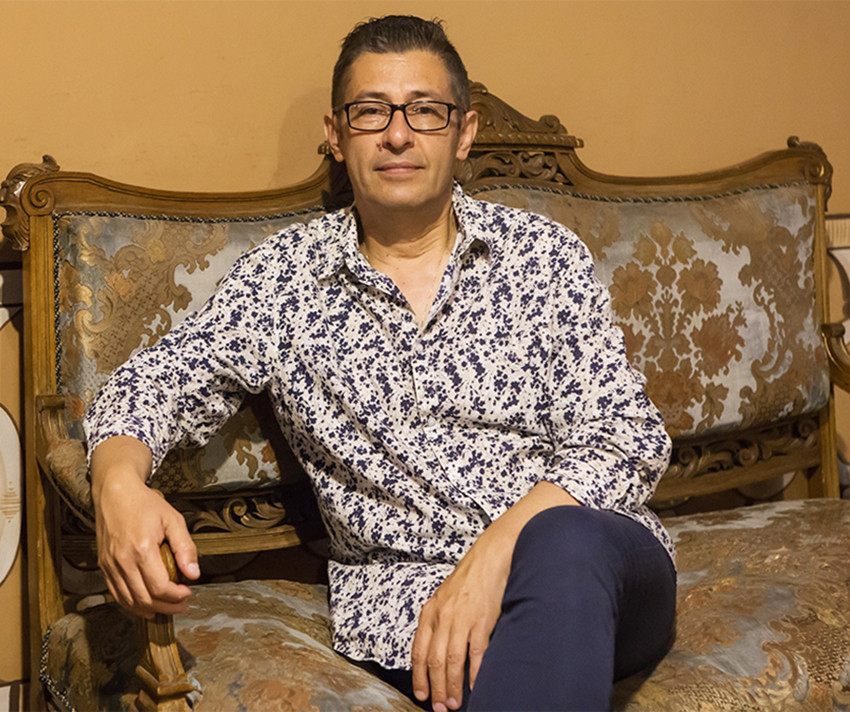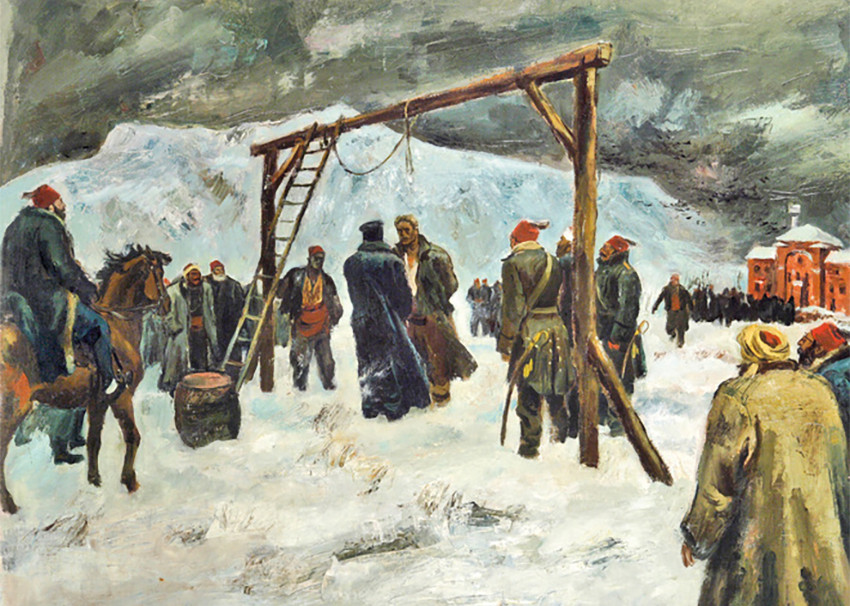"It's bitter cold, wood and stone are cracking, we've been with no food for two or three days, yet he sings and is always cheerful! In the evening - before we go to bed - he sings; in the morning, as soon as he opens his eyes, he sings again" - this is how Bulgarian poet and revolutionary Hristo Botev describes his close friend Vasil Levski, whom he described as an "unheard-of character" - "When we are in the most critical situation, he is just as cheerful then, as when we are in the best of situations".
According to other contemporaries of the Apostle of Bulgarian Freedom as Vasil Levski is lovingly called, even when he was traveling on his committee business, Levski constantly sang and adapted lyrics and songs to melodies already familiar to him.

"Personally, I have always thought that Levski's notebook is part of his spiritual heritage. We can find many things there. But it was a real surprise to me, many years ago, that the lyrics of popular songs of that time were written there. Songs that were sung, songs that he used to sing, and this is truly part of his inner spiritual world," Spassov commented.

"The elderly woman who tells the story of Raina Katsarova is called Grandma Petkana Hashova. She sang this song in Turkish. After that, Raina Katsarova recorded it in the Bulgarian National Radio as a keepsake, and in fact, when we were making the big film of the Bulgarian National Television entitled "The Songs of the Apostle, we translated this song into Bulgarian. It has a very strange, dramatic text - "Don't sing, nightingale, I have time, I am not in a hurry. I have neither a mother nor a father, don't sing, don't hurry, nightingale...". This is the message, really quite sad, sacred at times. But it's really strange, if you listen to it in the original, it sounds like a typical old Turkish folk song, in the whole style of a Turkish folk song. When the colleagues from the Turkish editorial office of the Bulgarian National Television translated it and we recorded it with accompaniment, it became Bulgarian. Because these songs here, in the Balkans, have a lot in common, but they also have a lot of differences.
Two singers — Boyana Karpatova and Boris Hristov — have come together for a duet song titled "Dokato Te Ima" (As Long As You Exist). Boyana wrote the music and the lyrics of the piece. The arrangement is by Artur Nadosyan. Here’s what the performers..
To celebrate his 70th birthday, world-famous Bulgarian tenor Boyko Zvetanov will perform in a special concert on 18 October at the Central Military Club in Sofia. Joining him on this milestone occasion will be the Prima Visione Mandolin Orchestra,..
Lubo Kirov will conclude his national tour "25 Years on Stage" with two concerts at Hall No 1 of the National Palace of Culture in Sofia — on October 16 and 17. During the concerts, the singer’s music hits will be performed with the accompaniment of..
A concert by supergroup "The Foundation", Kiril Marichkov's birthday anniversary and the Day of Bulgarian Rock - these three events come together in one on..
As a well-established name on the Bulgarian music scene, Grafa has always supported young and talented artists. His latest song “Each of Us” is a duet..

+359 2 9336 661
